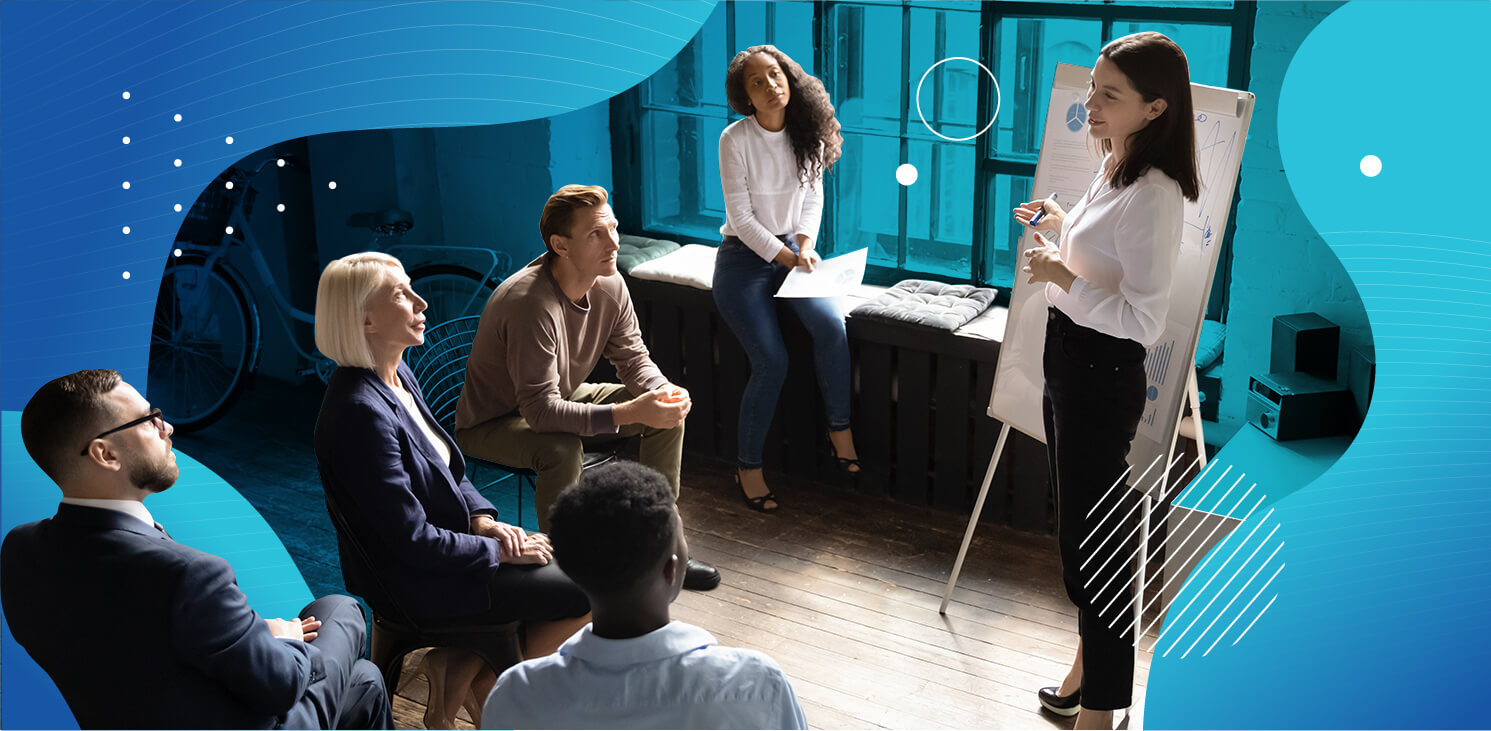The Power of High Ticket Sales
High ticket sales strategies are not just about closing expensive deals — they are about understanding the psychology behind premium buyers and creating value that goes far beyond the price tag. Unlike standard sales, where volume often drives revenue, high ticket sales thrive on depth, trust, and transformation. Premium clients are not just buying a product or service; they are investing in outcomes, experiences, and long-term benefits. This means that sellers must focus on building relationships instead of pushing for transactions. High ticket buyers tend to be highly discerning, so sales professionals must refine their ability to listen, empathize, and guide prospects through a thoughtful decision-making process. When done right, mastering these strategies elevates your authority, income, and reputation. Many professionals shy away from high ticket sales due to misconceptions, such as believing they are only for the elite or that clients won’t pay higher prices, but the reality is that many people are actively seeking transformative solutions worth investing in.
Building a Strong Foundation for High Ticket Sales
To succeed in premium selling, you must start with a solid foundation that positions you as an authority in your niche. This begins with understanding what your ideal high-ticket clients truly desire and aligning your offers with their aspirations and challenges. A generic offer won’t stand out in the premium market — you need to design services or products that provide undeniable value and transformation. Beyond crafting an irresistible offer, building a strong personal brand is essential. Clients paying high ticket prices want to work with someone they trust and respect, which means your reputation and visibility matter more than ever. From your online presence to how you communicate, every detail should reflect expertise and credibility. Authority is not self-proclaimed; it’s demonstrated through consistent results, thought leadership, and authentic client relationships. The stronger your foundation, the easier it becomes to attract premium buyers who already see you as a trusted resource before you even pitch.
Crafting a High-Converting Sales Process
Selling high ticket offers requires more than just charm or persistence — it demands a carefully structured sales process that guides prospects through each stage of the buyer’s journey. Unlike lower-cost sales, where a quick purchase might happen on impulse, high ticket clients usually need multiple touchpoints before committing. This is where a tailored sales funnel becomes vital. You might begin with value-driven content, such as insightful articles, workshops, or webinars, that demonstrates your expertise and builds trust. From there, prospects can be nurtured with personalized outreach, thoughtful follow-ups, and opportunities to engage directly. Each step should focus on solving problems and building confidence rather than pushing a sale. The most successful high ticket sales strategies blend automation with a human touch, ensuring prospects feel valued while still moving efficiently through the process. By carefully guiding leads, you transform hesitant prospects into confident buyers who are eager to invest in your solution.
Mastering the High Ticket Sales Call
The sales call is often the pivotal moment in high ticket selling, where trust is either solidified or broken. Mastering this step means going beyond traditional selling tactics and truly focusing on the prospect’s needs. A strong framework for discovery calls includes rapport-building, active listening, and asking deep, thoughtful questions that uncover the client’s challenges and goals. High ticket clients want to feel understood, not pressured, so the way you conduct the conversation matters immensely. Instead of rushing into a pitch, allow the client to express their vision and pain points, then guide them toward realizing how your offer provides the solution they’re searching for. Confidence and clarity are key; when you speak with authority and empathy, prospects are more likely to trust your recommendations. The goal is to lead clients toward making empowered decisions, where the value of your solution outweighs the price in their minds. Done correctly, the sales call feels less like selling and more like a collaborative problem-solving session.
Overcoming Objections with Confidence
Even the most enthusiastic prospects will have objections when faced with a premium price tag, which makes objection handling a crucial skill in high ticket sales strategies. Price is often the first concern, but it usually masks deeper fears about value, trust, or risk. Instead of resisting objections, embrace them as opportunities to clarify and reinforce the transformation your offer delivers. Reframing the conversation around outcomes rather than cost helps prospects see your solution as an investment rather than an expense. Hesitation is natural, but with empathy and confidence, you can address fears while maintaining trust. The key is to remain calm, professional, and focused on the client’s desired results rather than defending your price. Clients who feel understood and reassured are more likely to move forward. Objections should never be seen as barriers but as stepping stones that help build the bridge to closing the deal.
Leveraging Psychology and Influence in High Ticket Sales
Understanding human behavior is at the heart of selling high-ticket offers. Premium buyers often make decisions based on emotions first and logic second, which means appealing to both aspects is essential. Emotional triggers like security, growth, freedom, and prestige often drive purchasing decisions in this space. To connect deeply, sales professionals must use storytelling, illustrating not just features of their offer but the transformation clients will experience. Social proof, such as client testimonials or endorsements, strengthens credibility without being pushy. Building authority through consistent visibility and thought leadership also reinforces trust. At the same time, urgency and exclusivity can be used ethically to encourage action, provided they are genuine and not manipulative. By mastering the psychology of influence, you position yourself as more than just a salesperson — you become a trusted advisor who guides clients toward achieving their highest aspirations.
Scaling High Ticket Sales for Long-Term Growth
Closing individual high-ticket deals is rewarding, but true mastery lies in creating systems that allow consistent and scalable success. To scale effectively, automation tools can be integrated into your sales process, streamlining tasks like lead nurturing and scheduling without losing personalization. Building a referral network is another powerful strategy, as satisfied high-ticket clients often know others who are willing to invest at the same level. Partnerships with complementary businesses also open new doors for steady streams of premium leads. Leveraging client results and testimonials amplifies your credibility, making it easier to attract new prospects with less effort. Beyond new client acquisition, focusing on repeat business and upsells strengthens long-term revenue. High ticket clients, once satisfied, are more likely to invest in additional offers if they trust your expertise. Scaling is not just about volume — it’s about creating a sustainable ecosystem where value, reputation, and client relationships fuel continuous growth.
FAQ Section
Q1: What industries benefit most from high ticket sales strategies?
High ticket sales strategies are effective in industries like coaching, consulting, real estate, luxury services, software, and healthcare. Any field that offers transformative results, premium products, or specialized expertise can thrive using these methods.
Q2: How do I know if my offer qualifies as high-ticket?
An offer is considered high-ticket if it commands a significantly higher price point compared to typical market rates, usually due to its transformational value, exclusivity, or specialization. If your service provides measurable results and deep impact, it likely qualifies.
Q3: What’s the biggest mistake salespeople make in high ticket selling?
The most common mistake is focusing too much on the price rather than the value. When salespeople lead with cost instead of outcomes, they fail to connect with the client’s deeper motivations and risk losing the sale.
Q4: Do I need prior sales experience to succeed with high ticket sales?
Prior experience helps, but it’s not a requirement. What matters most is your ability to listen, build trust, and demonstrate authority in your niche. With practice and structured training, anyone can learn to close high ticket deals.
Q5: How long does it usually take to close a high ticket deal?
The timeline varies depending on the client, industry, and offer, but high ticket deals typically take longer than low-cost sales. Building trust and nurturing relationships often requires several touchpoints before a final decision is made.











